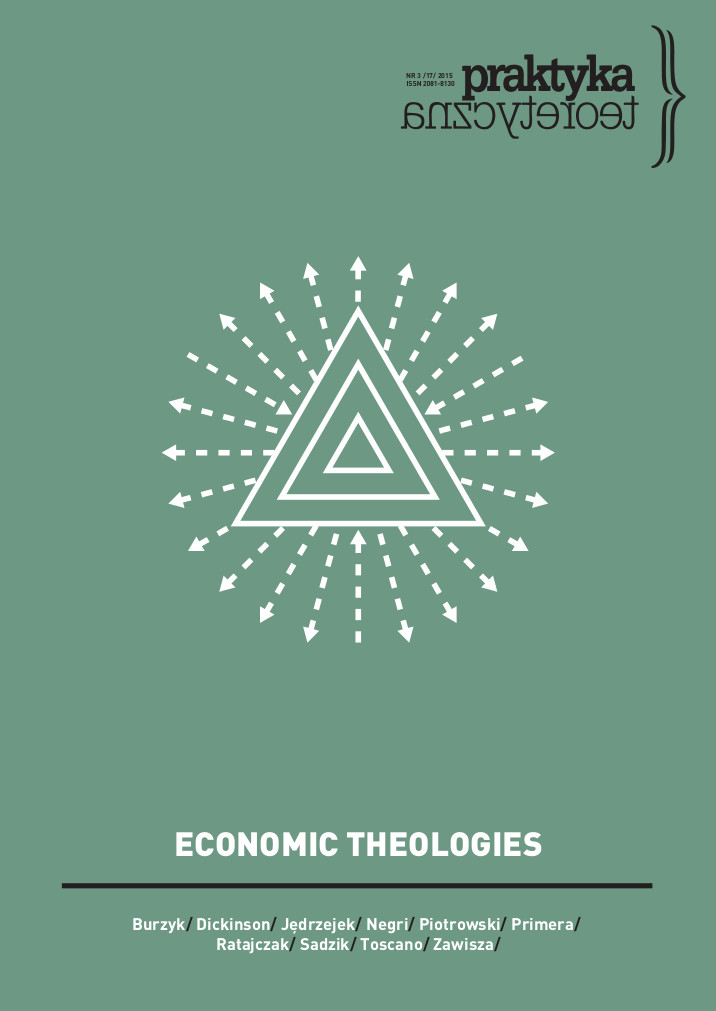Religia, z którą można zrobić, co się chce.
Religion which can be used to everything. A review of Franz Overbeck’s Finis Christianismi
Author(s): Michał JędrzejekSubject(s): Philosophy, Essay|Book Review |Scientific Life, Political Philosophy, Social Philosophy, Book-Review
Published by: Uniwersytet Adama Mickiewicza
Keywords: Franz Overbeck; Hans Blumenberg; Karl Barth; finis Christianismi; political theology; eschatology; cultural Protestantism
Summary/Abstract: The aim of an article is to analyse a problem of belief and history in Franz Overbeck’s selected writings. Overbeck (1837–1905), a German theologian-agnostic and historian of Christianity, known also in regard to his close friendship with Friedrich Nietzsche, describes in his works the eschatological and countercultural dimension of an origin Christianity. During the history of the Church eschatology was slowly replaced by a conservative project with its aim to maintain and to stabilize the Western culture and civilization. For this reason Overbeck – defending Christianity as an integral cultural phenomenon and referring to its universalist heritage – criticizes representatives of the “cultural Protestantism” (A. Harnack) and post-Christian and nationalistic alternatives (P. Lagarde, D.F. Strauss). In my paper I argue that from the perspective of eschatological Christianity Overbeck’s remarks against traditionalistic, liberal and leftist political theology remain valid. I present also two separate ways of Overbeck’s reception in 20th-century German thought – a revival of Protestantism as a “state of exception” religion (K. Barth) and a critique of theology and a skeptical-ironic farewell to Christianity (H. Blumenberg).
Journal: Praktyka teoretyczna
- Issue Year: 2015
- Issue No: 17
- Page Range: 228-239
- Page Count: 12
- Language: Polish

